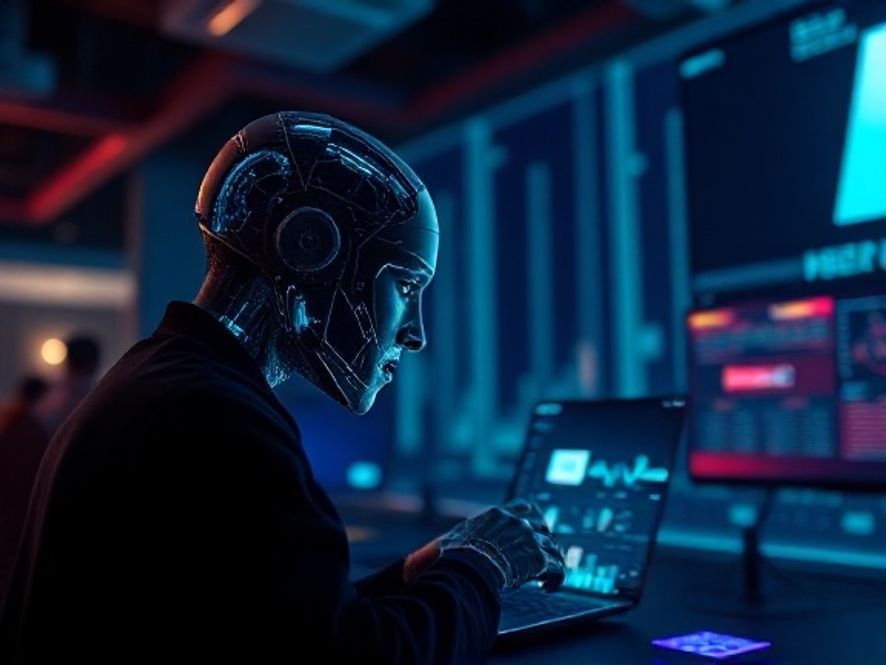Understanding AI for Entertainment
AI for Entertainment refers to the use of artificial intelligence technologies to create, enhance, or personalize entertainment experiences across various media. This encompasses everything from music and film to video games and virtual reality. The integration of AI into entertainment is revolutionizing how content is produced, consumed, and interacted with, opening up new avenues for creativity and engagement.
Importance of AI in the Entertainment Industry
The entertainment industry has always been at the forefront of adopting new technologies. The incorporation of AI is not just a trend; it is a significant shift that affects multiple facets of the industry:
- Content Creation: AI tools can assist in scriptwriting, music composition, and even video editing, making the creative process more efficient.
- Personalization: Streaming services use AI algorithms to analyze viewer habits and preferences, providing tailored recommendations that enhance user satisfaction.
- Audience Engagement: AI can create interactive experiences, such as chatbots in gaming or personalized storytelling in virtual reality.
Key Applications of AI for Entertainment
AI applications in entertainment are vast and varied. Here are some prominent examples:
1. Music and Sound Production
AI technologies are being used to compose music, analyze trends, and even perform. For instance, platforms like Amper Music allow users to create original tracks by selecting mood, style, and instrumentation. This democratizes music production, enabling anyone to create high-quality soundtracks.
2. Film and Video Production
In the film industry, AI can assist with script analysis, casting recommendations, and editing. For example, ScriptBook uses AI to predict a film’s success by analyzing scripts against historical data. Additionally, AI-driven tools can automate video editing processes, saving time and resources.
3. Video Games
AI enhances gaming experiences by creating intelligent non-player characters (NPCs) that respond to player actions in real-time. Games like Shadow of Mordor utilize AI to develop adaptive enemy behavior, making gameplay more challenging and engaging.
4. Virtual and Augmented Reality
AI plays a crucial role in VR and AR applications by enabling realistic interactions and personalized experiences. For instance, AI-driven characters in VR can learn from user behavior, creating unique storylines tailored to individual players.
How to Utilize AI for Entertainment in Daily Life
Incorporating AI into your entertainment choices can enhance your experiences significantly. Here are some practical ways to do so:
- Streaming Services: Use platforms like Netflix or Spotify that utilize AI to recommend content based on your viewing or listening habits.
- Music Creation: Experiment with AI music tools like Jukedeck or AIVA to create personalized soundtracks for your projects.
- Gaming: Engage with AI-enhanced games that offer adaptive challenges, providing a more immersive gaming experience.
Related Concepts in AI for Entertainment
Understanding the broader context of AI in entertainment can enhance your appreciation of its impact. Here are some related concepts:
- Machine Learning: A subset of AI that allows systems to learn and improve from experience without explicit programming.
- Natural Language Processing: AI technology that enables machines to understand and interact using human language, crucial for chatbots in entertainment.
- Deep Learning: A form of machine learning that uses neural networks to analyze various data forms, leading to advancements in content creation.
Conclusion: The Future of AI in Entertainment
As AI continues to evolve, its role in the entertainment industry is poised to expand further. The potential for creating more engaging, personalized, and innovative experiences is immense. By embracing AI technologies, both creators and consumers can unlock new dimensions of entertainment that were previously unimaginable. Reflect on how you can integrate these technologies into your daily entertainment routines for a richer experience.
In conclusion, AI for Entertainment is not just about technology; it’s about enhancing creativity and personalizing experiences. Whether you are a student, a professional, or just someone looking to explore new forms of media, understanding AI’s role in entertainment is essential in today’s digital age.









